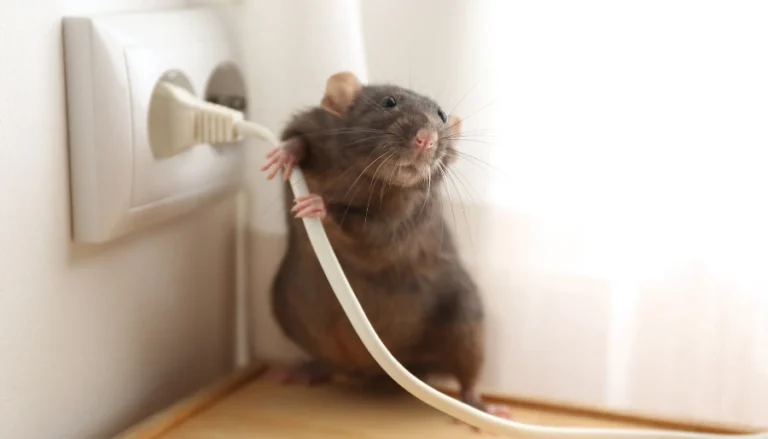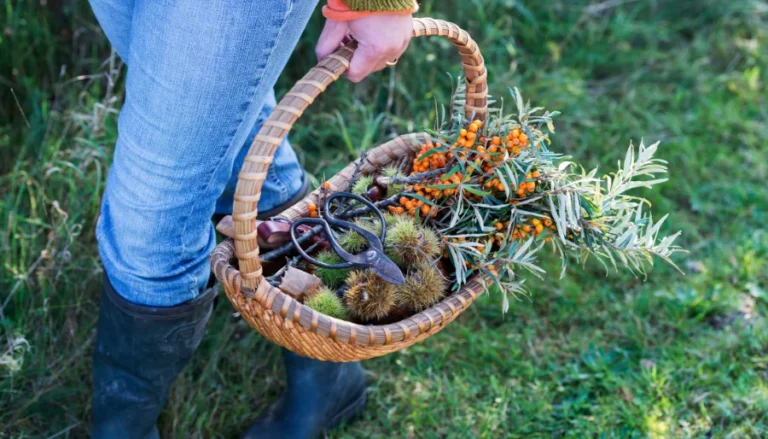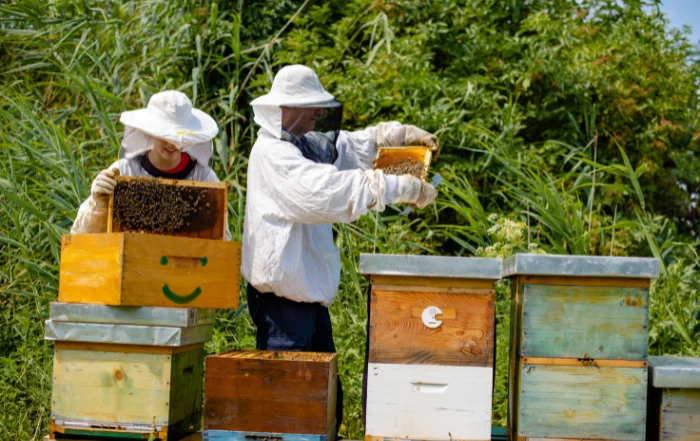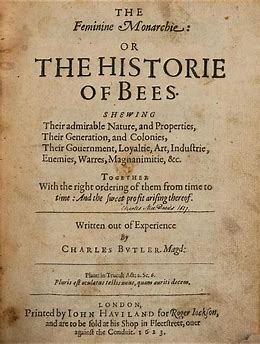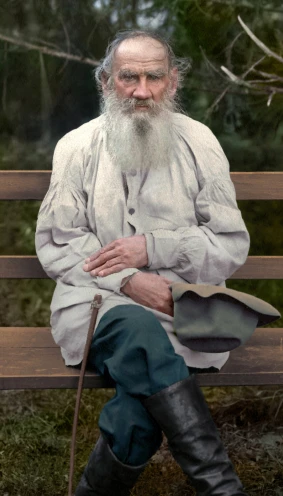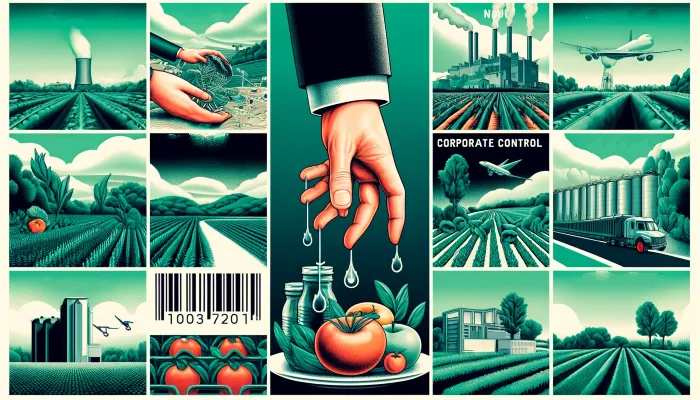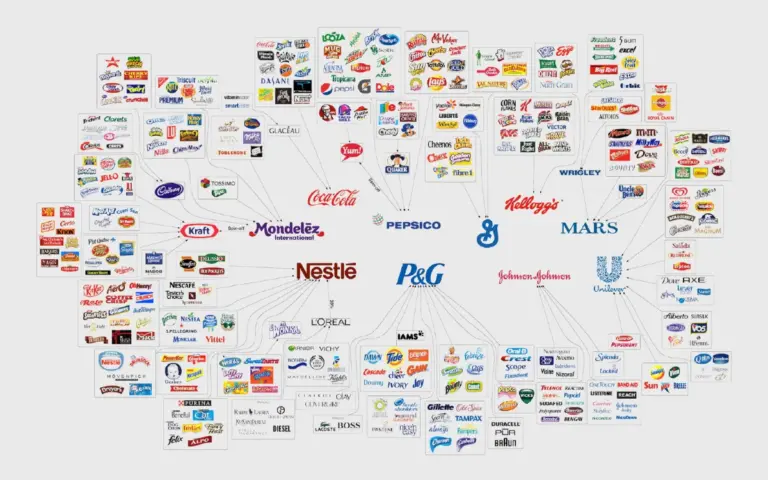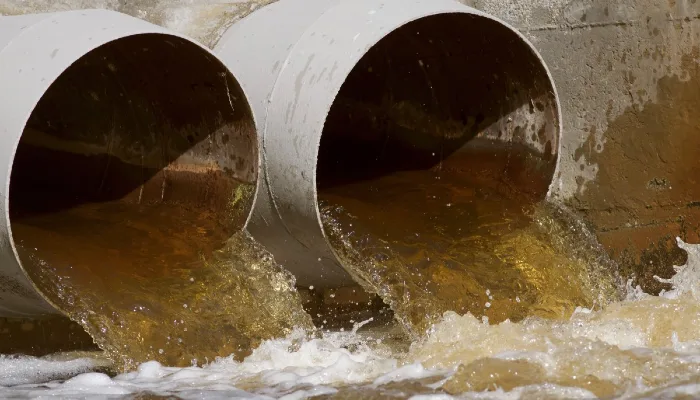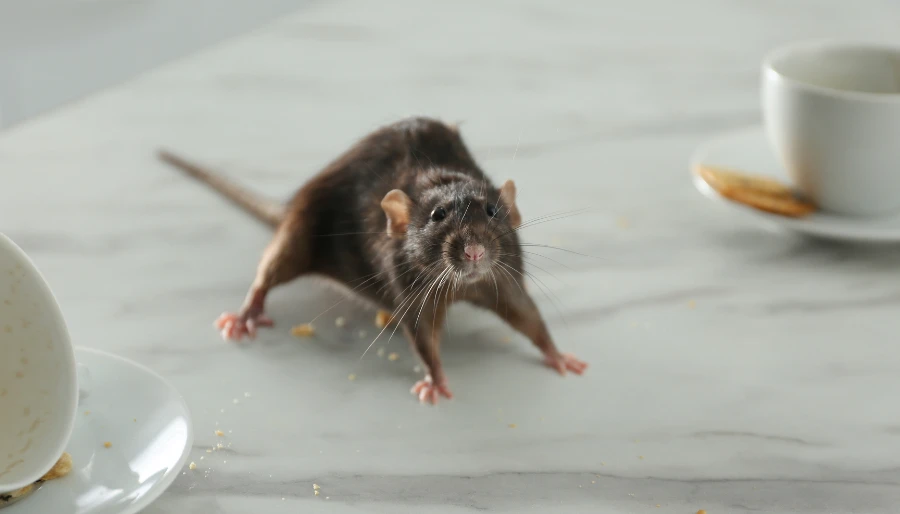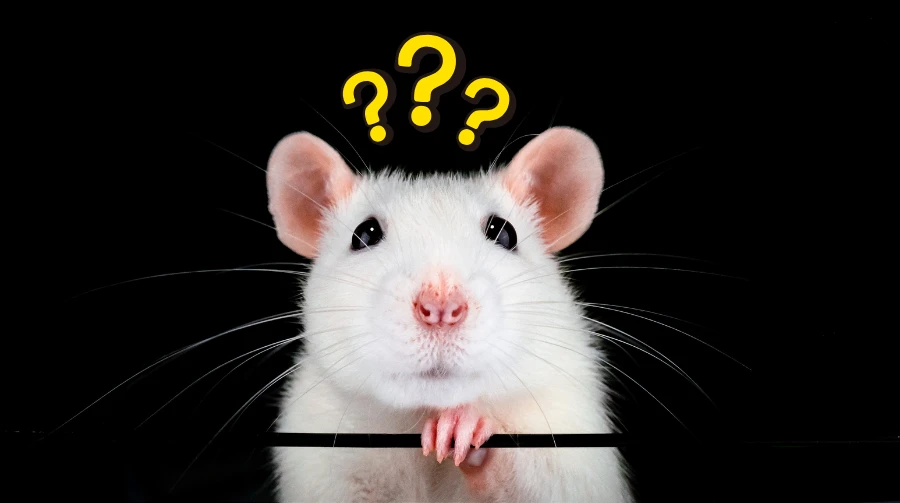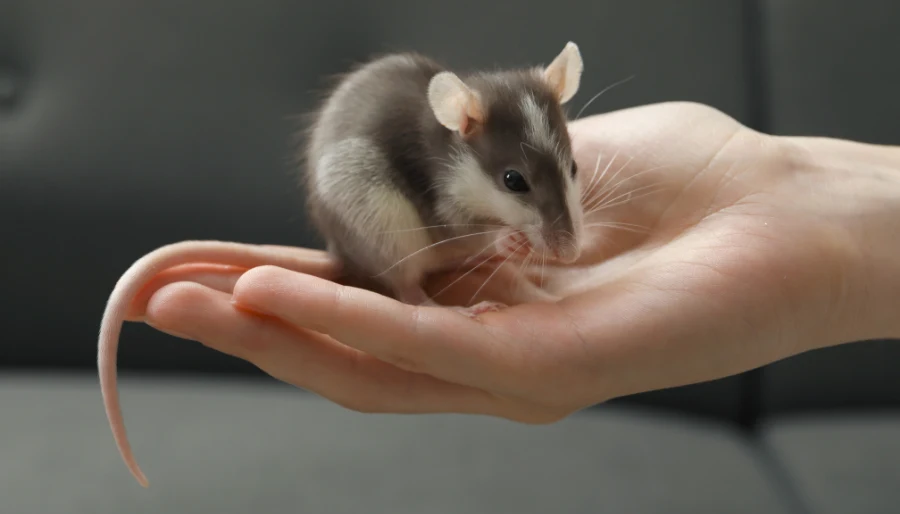Bee farming, also known as apiculture, has a rich history dating back thousands of years. Beyond the sweet reward of honey, bee farming offers ecological benefits, a potential source of income, and a fulfilling connection with nature.
In this comprehensive article, we’ll delve into the world of bee farming, exploring its history, notable figures, environmental significance, economic potential, best practices, essential supplies, and a quick guide to getting started. So put on your beekeeper suit and let’s embark on this exciting journey!
The Historical Buzz of Bee Farming: You're In Good Company
Bee farming has its roots in ancient civilizations. The practice of beekeeping dates back to Ancient Egypt and has since spread across the globe.
Throughout history, notable figures from various fields have found fascination and joy in beekeeping, nurturing these remarkable creatures and reaping the rewards of their labor. Let’s explore a few famous individuals who embraced the art of beekeeping:
Aristotle (384-322 BCE)
The ancient Greek philosopher and scientist, Aristotle, wrote extensively about bees and beekeeping. His observations and studies of bee behavior laid the foundation for understanding the complex social structures within bee colonies.

Charles Butler (1560-1647)
Charles Butler, an English scholar and beekeeper, is renowned for his influential work “The Feminine Monarchie” published in 1609. This comprehensive book served as a guide to beekeeping during the Renaissance period and became a primary source of knowledge for generations of beekeepers.
Anton Janša (1734-1773)
Anton Janša, a Slovenian beekeeper, is considered a pioneer of modern beekeeping. He served as the official beekeeper to the Habsburg Court in Vienna and significantly advanced beekeeping practices. Janša’s methods and teachings continue to influence beekeepers to this day.
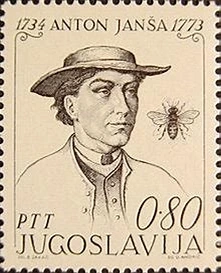
Maria Theresia (1717-1780)
Empress Maria Theresia of Austria, one of the most influential rulers of the Habsburg monarchy, had a personal interest in beekeeping. She kept bees and promoted beekeeping practices, recognizing the importance of these industrious insects for the economy and agriculture.

Sir Edmund Hillary (1919-2008)
The famous mountaineer and philanthropist, Sir Edmund Hillary, known for being the first person to reach the summit of Mount Everest, also had a passion for beekeeping. He established several beehives in his native New Zealand and actively supported sustainable beekeeping practices.
These historical figures, among many others, found joy, inspiration, and valuable lessons through their involvement in beekeeping. Their contributions, writings, and dedication to these fascinating creatures have enriched the beekeeping community and our understanding of these vital pollinators.
Beekeeping continues to attract enthusiasts from all walks of life, each contributing to the rich tapestry of this age-old craft. Whether you’re a philosopher, a scientist, a writer, or an adventurer, the world of beekeeping welcomes you.
Ecological Importance and Community Benefits
Pollination Power
Bees play a vital role in pollinating plants, ensuring the reproduction of flowers, fruits, and vegetables. Bee farms help maintain healthy ecosystems and support local agriculture by enhancing crop yields through pollination.
Biodiversity Boost
Bee farming promotes the preservation of bee species, which are essential components of biodiversity. By providing a safe habitat and food sources, bee farms contribute to maintaining healthy populations of these vital pollinators.
Environmental Stewardship
Bee farms often adopt organic farming practices, minimizing the use of synthetic chemicals and pesticides. This approach promotes sustainable agriculture and helps protect the environment by reducing chemical runoff and its impact on ecosystems.
Economic Potential: Making Honey and Money
Bee farming can be a source of income for passionate individuals willing to put in the effort. Here are a few ways beekeepers can generate revenue:
Honey Production
Honey is the most renowned product of bee farming. Beekeepers can harvest honey from their hives and sell it directly to consumers, local markets, or through online platforms. Different varieties of honey, such as wildflower, clover, or lavender, can offer unique selling points.
Beeswax Products
Beeswax, another valuable resource, can be used to create various products like candles, balms, soaps, and cosmetics. Crafting and selling beeswax-based items can add diversity to a beekeeping business and cater to different customer preferences.
Best Practices in Bee Farming
Education and Research
Before starting a bee farm, it’s essential to gain knowledge about beekeeping techniques, hive management, and understanding bee behavior. Attend beekeeping workshops, join local beekeeping associations, and consult experienced beekeepers to enhance your skills.
Hive Placement
Select an appropriate location for your hives. Ensure access to diverse and pesticide-free forage areas, such as gardens, orchards, or meadows. Consider local regulations and be mindful of the safety of bees and neighboring communities.
Hive Management
Regular hive inspections are crucial to monitor colony health, manage pests and diseases, and ensure the productivity of your bees. Learn proper hive maintenance techniques, including queen rearing, swarm prevention, and honey extraction.
Essential Supplies for Bee Farming
Beehive: Begin with beehives that suit your chosen bee species, such as Langstroth, Top-Bar, or Warre hives. These provide suitable environments for colony development and management.
Protective Gear: Invest in essential beekeeping gear, including a beekeeping suit, gloves, veils, and sturdy boots to ensure your safety during hive inspections.
Beekeeping Tools: Essential tools include a smoker, hive tool, bee brush, and frames for honey extraction.
Getting Started in Bee Farming
When it comes to bee farming, embarking on this rewarding journey requires a combination of passion, knowledge, and practical skills. Whether you’re interested in beekeeping as a hobby or a small-scale business venture, there are several key steps to consider in order to establish a successful beekeeping operation.
Let’s delve into these steps in more detail, providing you with valuable insights to kickstart your bee farming adventure.
Research Your Local Regulations
One of the first things to do is to familiarize yourself with the regulations and permits related to beekeeping in your area. Each region may have specific guidelines and requirements to ensure the safety of the bees, the beekeeper, and the surrounding environment.
Contact local beekeeping associations or government agencies to obtain accurate information and guidance on the legal aspects of beekeeping. By understanding and adhering to these regulations, you can start your beekeeping journey on the right foot.
Obtain Your Bees
Acquiring bees is an essential step in establishing your beekeeping operation. It’s important to obtain bees from reputable sources to ensure the health and quality of your colony.
Local breeders or beekeeping supply companies are excellent resources to consider. They can provide you with various options, such as packaged bees, nucleus colonies (nucs), or even the opportunity to catch swarms.
Each option has its own advantages and considerations, so it’s crucial to research and choose the most suitable method for your specific circumstances.
Establish Your Hives
The location and setup of your beehives play a vital role in the success of your bee farming endeavor. Choose suitable locations that provide ample forage for the bees, access to water sources, and protection from extreme weather conditions.
Bees thrive when they have access to diverse and abundant sources of nectar and pollen, so consider the availability of flowering plants in the vicinity.
Additionally, ensure that your hives are positioned to minimize exposure to harsh winds, excessive sunlight, and other environmental factors that could negatively impact the bees’ well-being.
Always Bee Learning
Bee farming is a fascinating and ever-evolving field, making continuous learning a crucial aspect of your journey.
As a beekeeper, it’s essential to stay updated on best practices, new research findings, and advancements in beekeeping techniques.
Expand your knowledge through various channels, such as books, workshops, online resources, and local beekeeping communities. Engage with experienced beekeepers who can share their insights and wisdom.
Embrace the opportunity to attend workshops or seminars where you can gain hands-on experience and learn from seasoned professionals.
By committing to continuous learning, you can enhance your skills, improve your beekeeping practices, and ultimately nurture healthier and more productive bee colonies.
Conclusion
Embarking on a bee farming venture is an exciting and rewarding endeavor. By conducting thorough research, obtaining bees from reputable sources, setting up your hives thoughtfully, and dedicating yourself to continuous learning, you can establish a thriving beekeeping operation. Remember, bee farming not only provides you with honey and other hive products but also contributes to the preservation of these essential pollinators and the biodiversity of our ecosystems. So, embrace the journey, cherish the experience, and let the buzzing world of bee farming open doors to new discoveries and sweet rewards.
Bee farming offers a fascinating journey filled with sweet rewards and ecological significance. As you delve into the world of beekeeping, embrace the historical and ecological aspects while exploring the economic potential it presents.
With proper knowledge, best practices, and dedication, you can establish a thriving bee farm that benefits your local community, the environment, and your own sense of fulfillment.
So, don your beekeeper suit, open your mind to the wonders of the hive, and savor the honeyed journey ahead!








